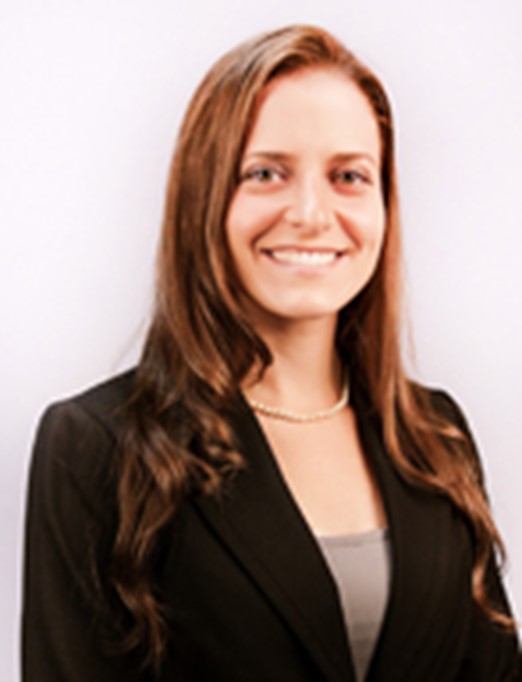Our Civil Rights of Persons with Disabilities Clinic has been immersing students in disability rights law since 1983. Professors Anna Bitencourt and Brittany Shrader of the National Association of the Deaf (NAD) have co-taught the clinic since fall 2017 and 2019, respectively. Because they are embedded at the NAD alongside their professors, students play a crucial role in the organization’s ongoing federal impact litigation. Students represent clients on access issues in federal civil settings, including class actions against state prison and parole systems, a class action against a national television streaming service for failing to offer closed captioning, an individual case against a nursing school for failing to provide ASL interpreters in clinical settings, and a lawsuit challenging patient and caregiver access in healthcare settings.
Despite their intensive litigation schedules, Profs. Shrader and Bitencourt are inspired to do this work because of its power to change how the next generation of lawyers interacts with the deaf and hard-of-hearing community. “I’ve represented so many clients who’ve had virtually no ability to contribute to their own defense,” says Prof. Shrader. “They were missing access in every single action they’d had—with police, in court, and with lawyers.” Training future lawyers in disability rights law gives them the tools to consider the legal system through a different lens that will benefit both the students and the community.
To shift students’ perspectives on disability from day one, the professors open the first class by using ASL while the students sit in silence. The students are often confused and shift uncomfortably in their seats. After several minutes, the professors reveal that Prof. Shrader is hearing and Prof. Bitencourt is deaf, and then lead the students in exploring their initial uncomfortable reactions. Many express fear of the unknown, or fear that they will have trouble communicating with their professors and clients. “We all hold biases due to unfamiliarity, and recognizing and unpacking that helps students become better advocates across the board,” reflects Prof. Bitencourt.
Unfamiliarity has also proven to be an asset to their cases. “Without a background in disability rights law or deaf culture, the students enrich our cases by identifying holes in our cases that we’re not able to see because we’re too close to the case and the law,” says Prof. Bitencourt. “We learn from them how to be better lawyers ourselves.”
Each semester, the professors observe that the initial timidity in working with deaf and hard of hearing colleagues and clients is quickly replaced by flexibility and confidence. “It’s wonderful to see that growth throughout the semester,” says Prof. Bitencourt.
2L Stephen Shannon has appreciated the unique opportunities this clinic provided for his professional growth. “Because the NAD does various types of legal, policy, and advocacy work, I had opportunities to try so many new things,” he said, “and my professors really encouraged us to do that.” He discovered that the broad disability rights work that the NAD does has enabled him to envision this work as a real-life option for himself. “I hadn’t considered disability law before starting in the clinic, but my experience in the clinic led me to apply for and accept a disability law-related summer position.”
While not all of their students each year will become full-time disability rights advocates, Profs. Bitencourt and Shrader recognize the impact their students will make on the legal profession as a whole, because their students are trained to think about how to make the law accessible to everyone. “Beyond just developing that awareness and sensitivity toward others with disabilities, the best lawyers are able to put themselves in their adversary’s shoes, and that’s what we are teaching our students,” Prof. Bitencourt says, smiling.

